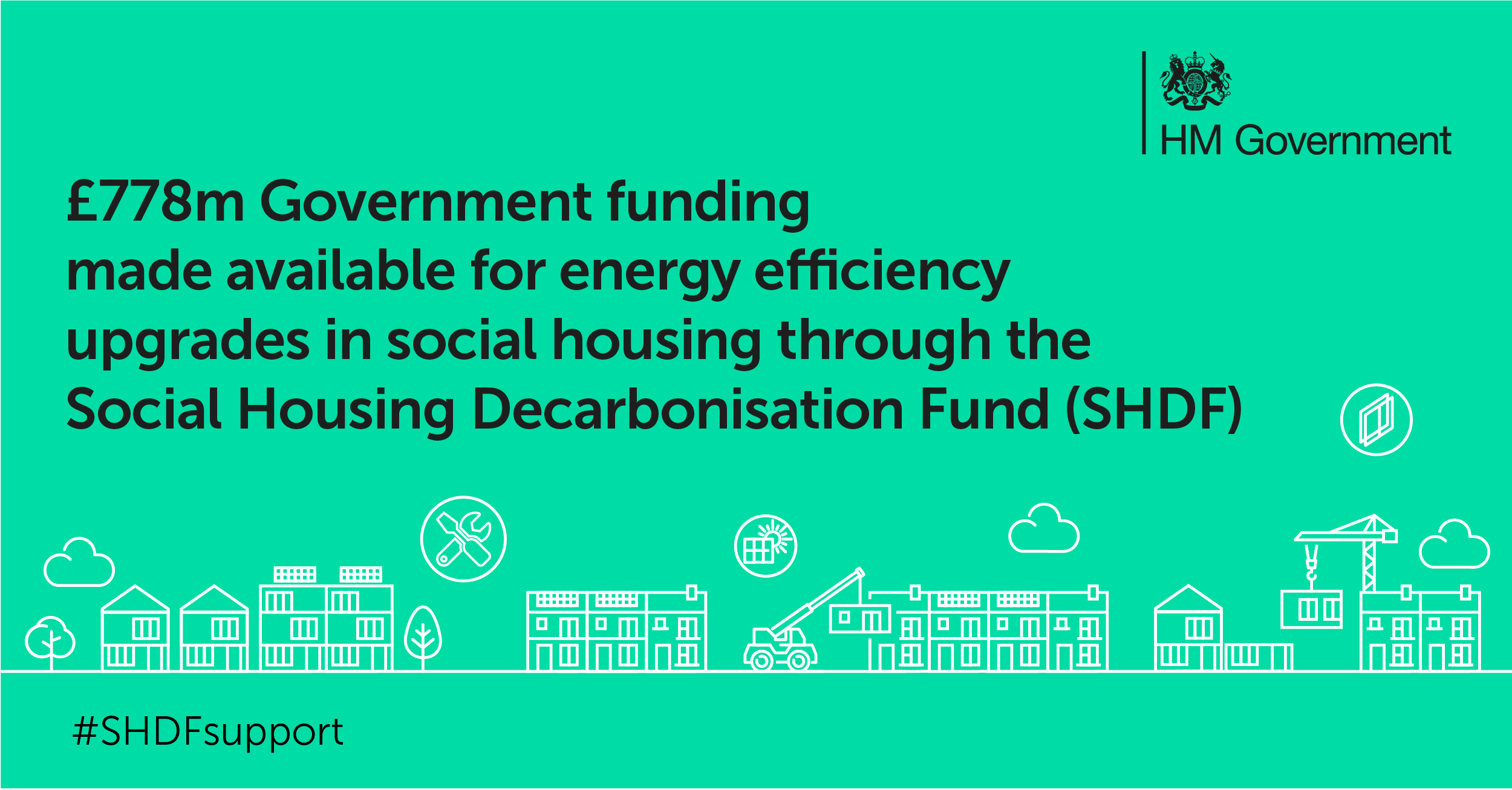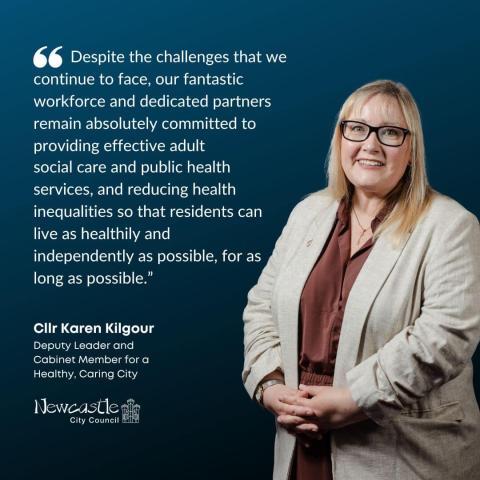6 July 2023
| | 2 min readCouncil secures £6.8m to improve energy efficiency in homes across the city
Hundreds of Newcastle residents will see reduced fuel bills after a successful funding bid to tackle carbon emissions.

The work, funded via a successful bid to the Social Housing Decarbonisation Fund, will install measures such as new external wall insulation, high performance windows and new communal air source heating systems to social housing properties.
A total of 436 properties have been identified to be eligible for work which will reduce carbon emissions, reduce fuel bills and improve the living environment for tenants.
Cllr Jane Byrne, Cabinet member for a Connected, Clean city, Newcastle City Council said: "It is fantastic that we have been successful in securing over £6m of funding which will allow us to help 436 homes in the city to reduce their energy bills.
"Helping residents through the cost of living crisis and improving energy efficiency for local homes are key priorities and this funding will allow us to build on the great work our teams have delivered so far.”
Previously Newcastle Council secured £2.8m of Social Housing Decarbonisation Funding towards the costs to install external wall insulation, windows and loft insulation to over 200 properties in Walker.
Lord Callanan, Minister for Energy Efficiency and Green Finance, said: “This investment will help thousands of households to heat their homes for less, keep them warm for longer and could save hundreds on their annual energy bill.
“The green energy sector is growing, and this funding will support green jobs and provide the training needed to deliver these vital upgrades to homes.”
The ongoing commitment to improve the energy efficiency of homes in Newcastle is part of the Net Zero Newcastle 2030 Action Plan which was approved in October 2020 and sets out the key action that we will need to be taken to reach Net Zero status by 2030.
If you would like to give us feedback on our website, please complete this short online form.







